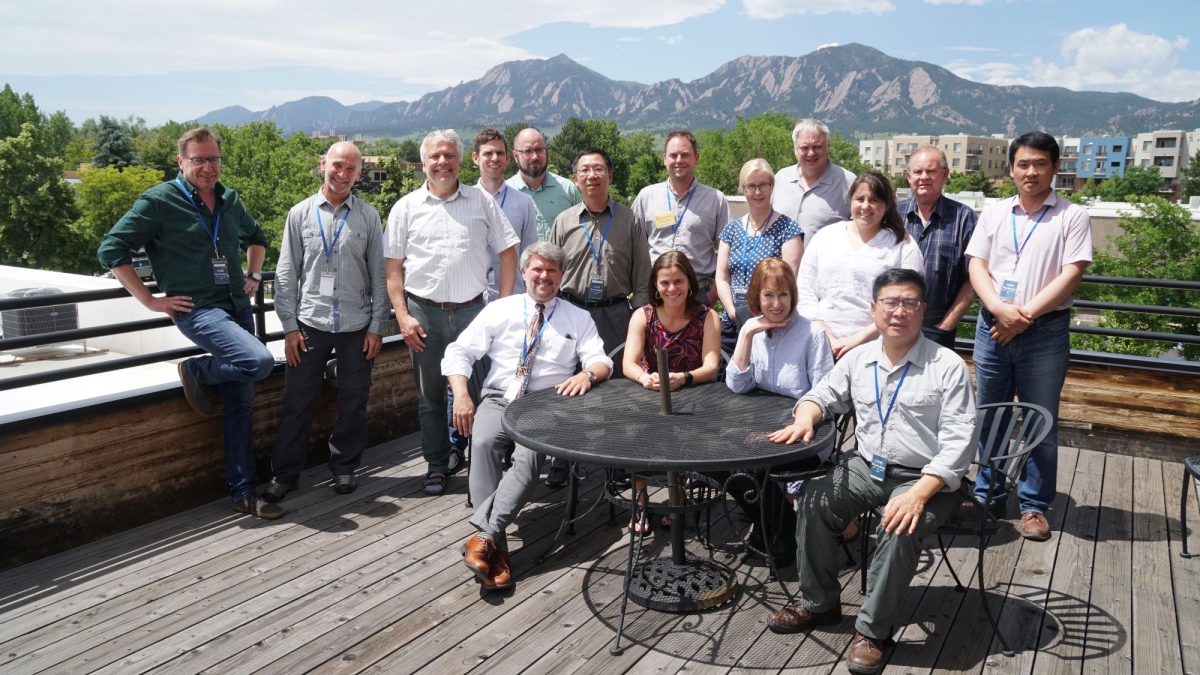
The managing institutions that operate six different continental-scale ecosystem observing infrastructures, from Africa, Asia, Australia, Europe and North America, have today expressly committed to develop the first-ever Global Ecosystem Research Infrastructure (GERI). This GERI is an integrated network of site-based research infrastructures. It is dedicated to better understand how the indicator ecosystems across global biomes function and change, in order to support excellent science and to inform decision-makers addressing grand societal challenges. The six research infrastructures signed a landmark Memorandum of Understanding (MoU) today on Tuesday 8th of December, 2020.
It is envisioned that a fully functioning GERI will deliver harmonized data, create international partnerships and enable new understandings of global ecological processes in ways that were not previously possible. The cooperation allows to better study the processes that are often stretching across continents, decades, and ecological disciplines.
“By bringing together these infrastructures, for the first time in history, we now have the capability to ask environmental research questions with both societal and scientific importance across and among continents,” says Werner Kutsch, Director General of ICOS.

The GERI’s capabilities are vital to better address critical challenges for the sustainable management of our limited natural capital under known environmental change, as well as yet unknown environmental challenges to assure long-term human well-being on the planet.
For example, when tackling complex global issues such as climate change or biodiversity loss, we need an internationally collaborative approach if we are to truly make a difference. To this end, multi-national collaborations in the area of ecosystem observation over several years have led to the signing of the GERI agreement and the creation of a global Environmental Research Infrastructure network.
Over the next six months, a suite of working groups will be established to help in developing the common science questions, protocols, parameters, data systems and so on that will be adopted by GERI. The Chairmanship of the GERI Governance Board is rotating every six months, currently being held by the Terrestrial Ecosystem Research Network, TERN, in Australia.
| Environmental Research Infrastructures | Host Country/Continent | Signatories/Managing Organisations | Shareholder/Sponsor |
|---|---|---|---|
| Chinese Ecosystem Research Network (CERN) | China/Asia | Chinese Academy of Sciences | Chinese Academy of Science |
| European Long Term Ecosystem, critical zone and socio-ecological systems Research (eLTER) | Germany/Europe | Helmholtz Centre for Environmental Research GmbH - UFZ | European Commission |
| Integrated Carbon Observation System (ICOS) | Finland/Europe | ICOS ERIC Head Office | European Commission |
| National Ecological Observatory Network (NEON) | USA/North America | Battelle | National Science Foundation |
| South Africa Environmental Observation Network (SAEON) | South Africa/Africa | National Research Foundation | National research Foundation |
| Terrestrial Ecosystem Research Network (TERN) | Australia/Australia | University of Queensland | National Collaborative Research Infrastructure Strategy |